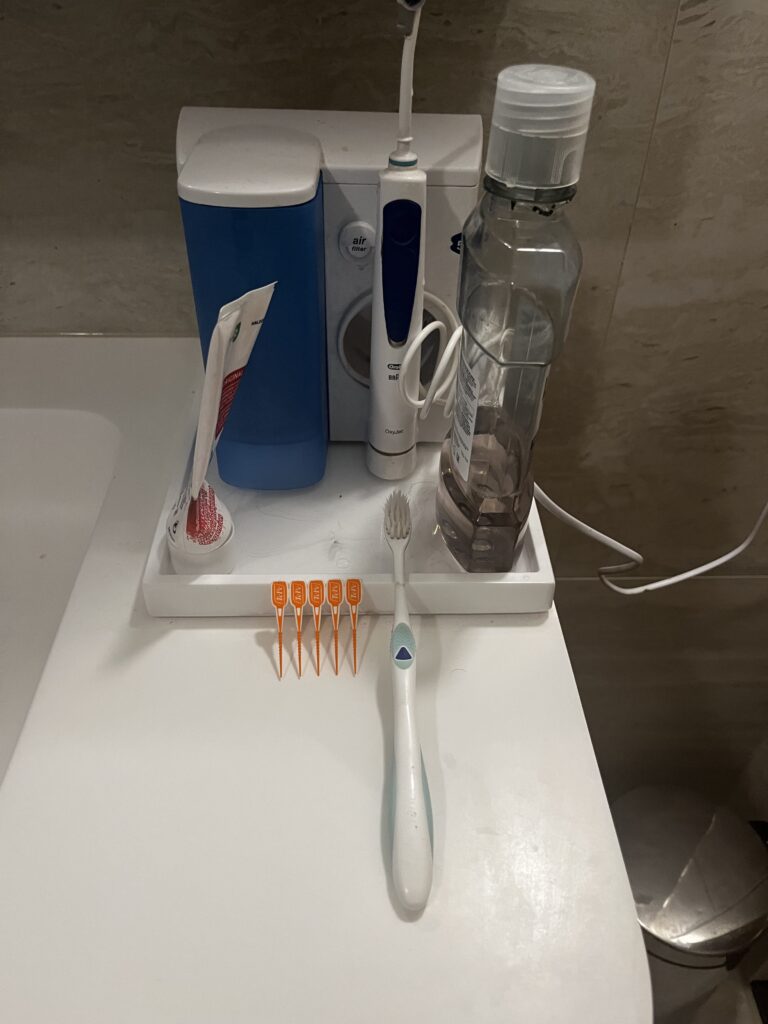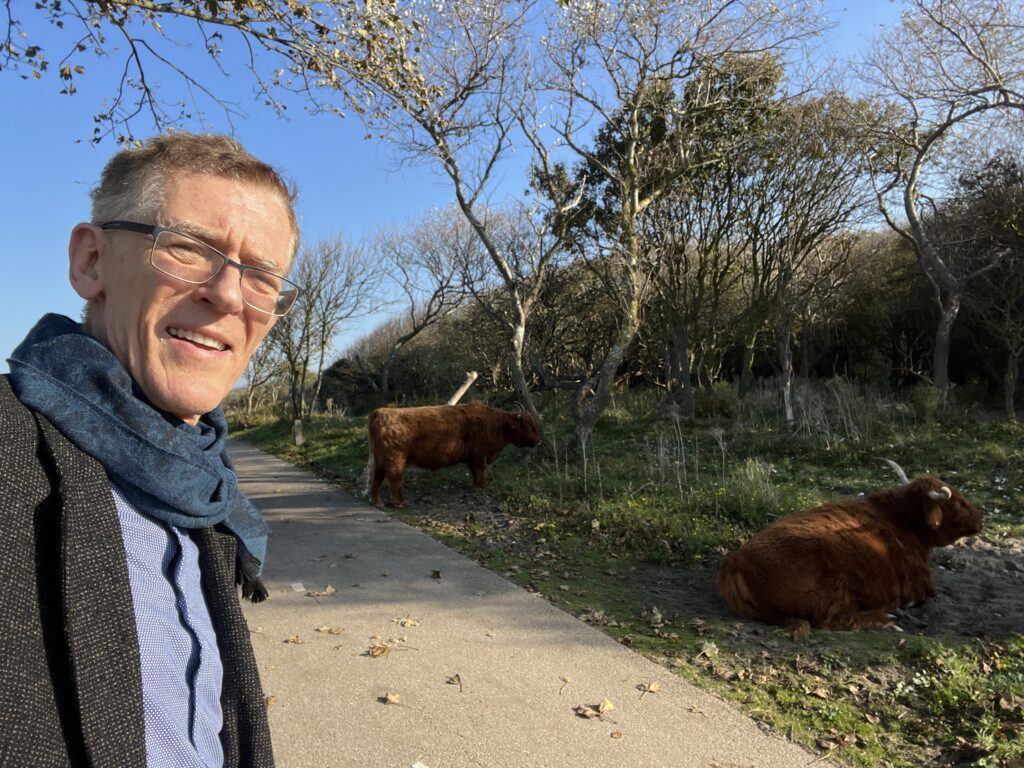
Summary: VO2 max is a key indicator of your health and is comparable to muscle strength. Both tend to decline with age. But, you can manage this decline through exercise, potentially stopping or even partly reversing it. Yes, it requires physical effort, but this is a price one should be willing to pay for healthy aging.
VO2 max ranks among the top five most critical biomarkers of health. Despite its significance, many—including myself until recently—are unaware of its role. Among athletes, however, it’s a well-known measure, crucial for those aiming for peak performance in endurance sports.
VO2 max provides a comprehensive snapshot of your overall health. This measure goes beyond other health metrics like blood pressure, glucose levels, and heart rate. It reflects your body’s ability to handle health challenges, including chronic diseases.
Note: A biomarker is a measurable indicator of a biological state or condition. For example, if I catch a cold or flu, my VO2 max may drop a few points. It often recovers only a week later when I start to feel better.
What is VO2 Max?
VO2 max, short for “maximum volume of oxygen.” It represents the highest amount of oxygen your body can transport in your blood. A higher VO2 max suggests better cardiovascular fitness, endurance, and better overall health. Typically, VO2 max peaks in late teens to early twenties, then starts to decline from around age 30. Without maintaining physical activity, VO2 max can decrease by about 1% per year. This decline occurs due to factors like reduced heart rate, muscle loss, decreased cardiac output, and less activity in general.
You can find VO2 max evaluations online to compare scores within your age group.
My Score (room for improvement)
When I first learned about VO2 max last year, my score was around 35. My initial goal was to reach 40, and now I aim for 50. This has been more challenging than expected. Over the past six months, my score has plateaued at 39 – 40. This puts me in the top 10% for my age group. It also places me in the top 50% of men over 40. To surpass 40, I likely need more high-intensity training.
A Double Warning
For older individuals, not actively working to maintain a good VO2 max can lead to a significant decline in health. Combined with muscle mass loss—another avoidable issue—this can seriously the number of healthy years you will enjoy.
How to measure VO2 max
While official methods exist for athletes, a smartwatch from Apple, Garmin, or similar brands suffices for non-athletes. Other tests include the Cooper test, which might have slight deviations but are adequate for the general public.
How to improve your VO2 Max?
Exercise is key—walking, biking, swimming, all help. The best strategy combines regular exercise with some high-intensity interval training (HIIT). I personally sprint the last kilometer of my runs.
Currently, no magic pills or supplements can enhance VO2 max significantly. Some suggest beetroot concentrate and nitrates might offer a small boost for non-athletes. However, this belief isn’t widely accepted or scientifically proven.
Keep on exercising, live a happy and healthy life,
Robert, your health friend,

Our beloved Randy





